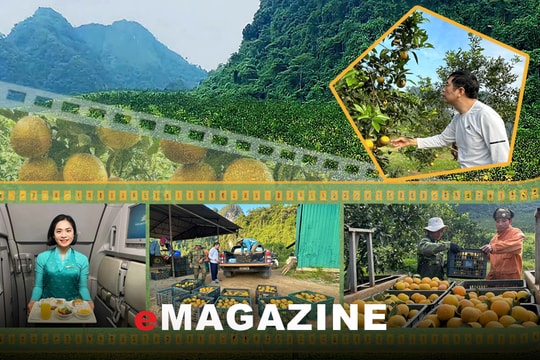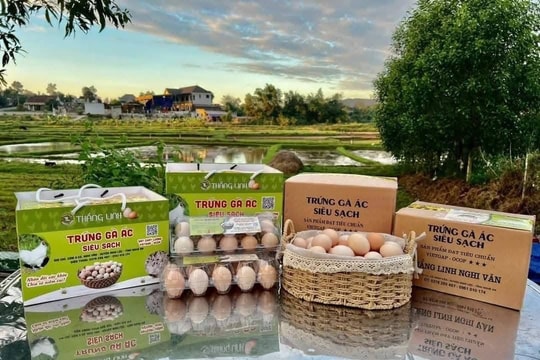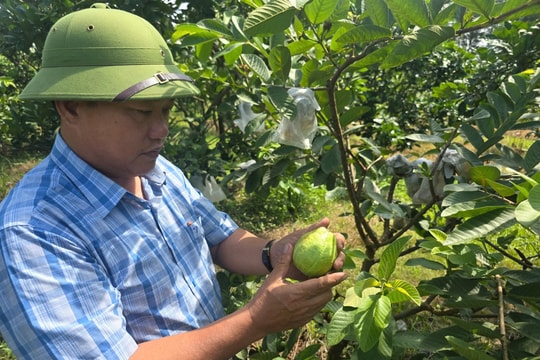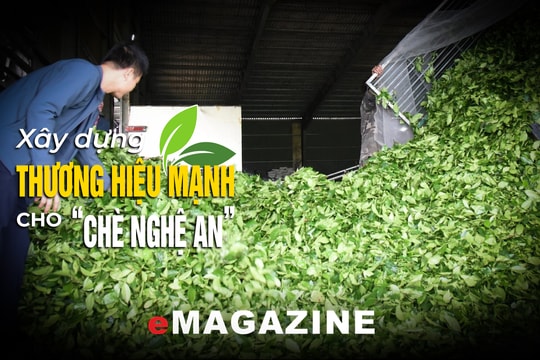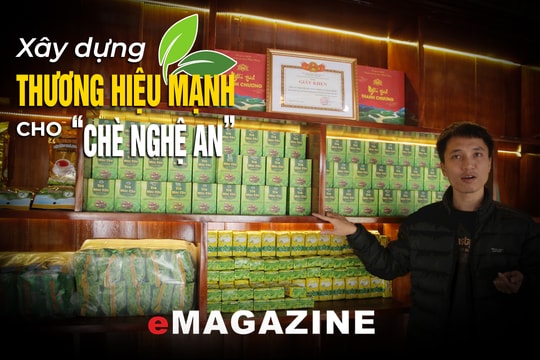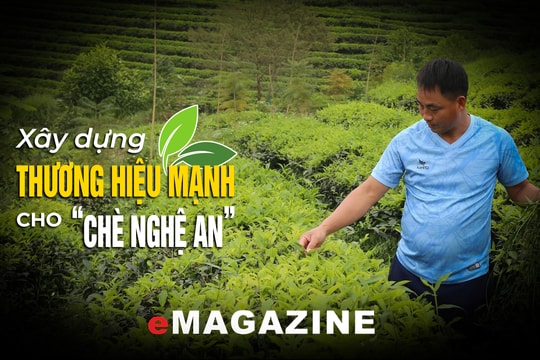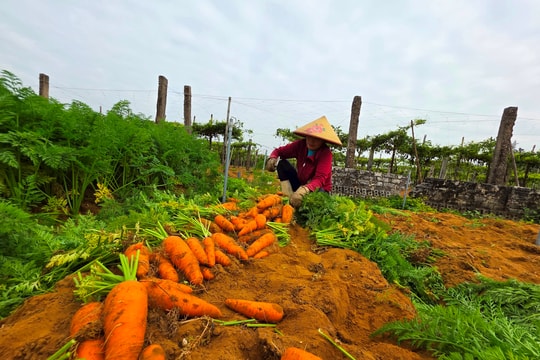Nghe An has 5 shrimp farming areas that meet VietGAP certification standards.
(Baonghean.vn) - Up to now, Nghe An is the only province in the country that has built 5 shrimp farming areas that meet VietGAP shrimp farming area certification standards.
On the morning of August 2, in Cua Lo town, the Department of Agriculture and Rural Development of the province organized a workshop to evaluate the results of 5 years of implementing the construction of shrimp farming areas applying VietGAP and awarding certificates to shrimp farming areas meeting VietGAP standards. Comrade Tran Huu Tien - Deputy Director of the Department of Agriculture and Rural Development, Head of the Management Board of the Coastal Resources for Sustainable Development Project chaired the conference.
After 5 years of implementing the construction of VietGAP shrimp farming areas under the Coastal Resources for Sustainable Development Project supported by the World Bank and the Ministry of Agriculture and Rural Development, Nghe An is now the only province in the country that has built 5 farming areas that meet the standards for VietGAP shrimp farming area certification (out of 7 farming areas selected for construction) in 3 districts and towns: Quynh Luu, Dien Chau and Hoang Mai Town including: Quynh Bang, Quynh Thanh, Quynh Xuan, Quynh Luong and Dien Trung. In early 2017, GAP7 - Quynh Di area was established, put into operation and is continuing to complete procedures to be upgraded.
In 7 biosafety shrimp farming areas, 12 shrimp farming community groups have been established. In addition to infrastructure support, 100% of farming households in the community groups have also been trained in VietGAP knowledge, trained in advanced farming techniques, shrimp farming techniques without using antibiotics, and limited antibiotic use issued by the Department of Agriculture and Rural Development. According to general assessment, in biosafety farming areas, the discharge of untreated sludge and pathogenic water into the common environment has been effectively limited.
The biggest result is that farming households have gradually converted their production processes according to VietGAP standards, helping to control quality, especially food safety issues; the infrastructure system for farming areas has been upgraded to help people be more proactive in the farming process as well as help ensure food safety. The level and awareness of people in the community group has been improved, with 97% of farming households using quality breeds.
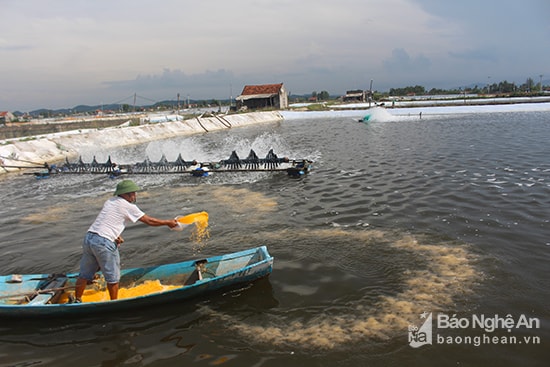 |
| VietGAP shrimp farming in Quynh Bang, Quynh Luu. Photo: PH |
At the workshop, delegates also shared some experiences to continue building shrimp farming areas according to VietGap standards. That is, choosing suitable farming areas, focusing on information and propaganda work to raise awareness for farmers. In particular, it requires attention and direction from specialized agencies and local authorities.
Concluding the workshop, comrade Tran Huu Tien requested: Management agencies need to guide and encourage farming facilities and areas to apply Good Aquaculture Practices (VietGAP); continue to support advanced farming models, new farming technologies to ensure food safety, and strengthen training. Local authorities need to regularly direct and guide farming areas to comply with state regulations and provide timely support when developments occur.
Breeding areas and households must properly implement the criteria and plans set out by the group; link up with groups to purchase breeds and materials; strictly monitor the treatment of water and sludge before discharging into the environment; at the same time, enhance personal responsibility, strictly follow the breeding process such as ensuring quality breeds, stocking on schedule, reporting and handling when diseases occur./.
Phu Huong

